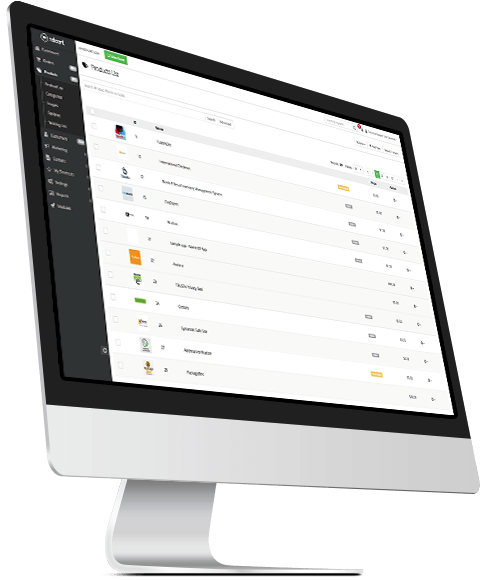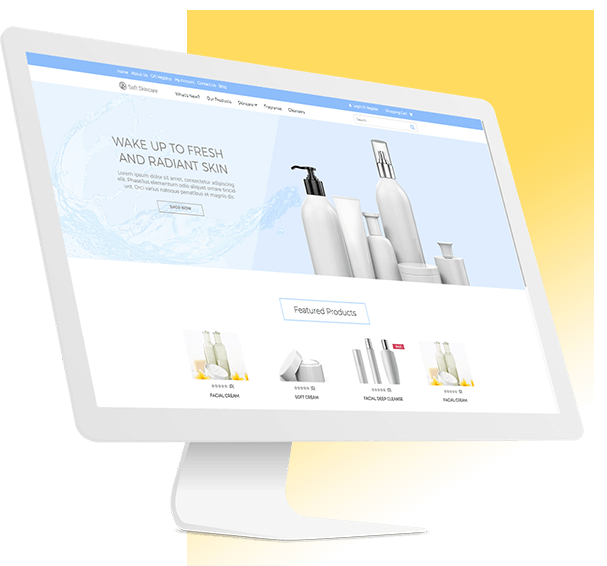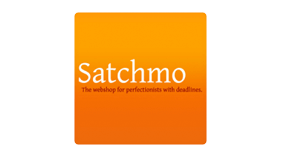What is an Open-Source eCommerce Solution?
Looking for a free open source eCommerce platform? Learn the pros and cons
Also called shopping cart software, eCommerce software is installed on a website to implement the features of an online store including products and checkout. The best eCommerce software goes even further and includes functionality for blogging, marketing, and other features you'd expect to find in a popular online store. Several eCommerce automation tools can also be included to help process and organize orders, as well as the ability to set up scheduled email newsletters, which studies show are the best marketing automation for eCommerce.
There are several types of shopping cart software, including:

What is open-source software?
Open-source software is released free to the public with permission for anyone to edit and customize the software for their own needs. Most free shopping carts are open source. Using open source software requires the online store owner or developer to install the software themselves and maintain all updates. Unfortunately, this means free, open-source shopping cart software is never really free: it requires resources in time if not money. All responsibility for the installation and upkeep of open-source software falls to the person or business making use of it, and development and support are hard to find for free.
What is licensed software?
Licensed shopping carts operate in a similar manner with a few key differences. Licensed software is developed by a single company, unlike open source, and the software is fully owned by the developer rather than open to the public. To use the software, a merchant must purchase a license which allows them to install the software on their own website. This can be a one-time or repeating fee, but one-time fees usually come with some restrictions. You may only have access to tech support and updates for a limited time after you purchase the license.
Whether you use open source or licensed software, you'll need to install, maintain, and update it yourself for the life of your website. The extra costs and manpower needed can outweigh the benefits, but let's take a closer look at several free, open source, and licensed shopping carts to see how their features stack up.































